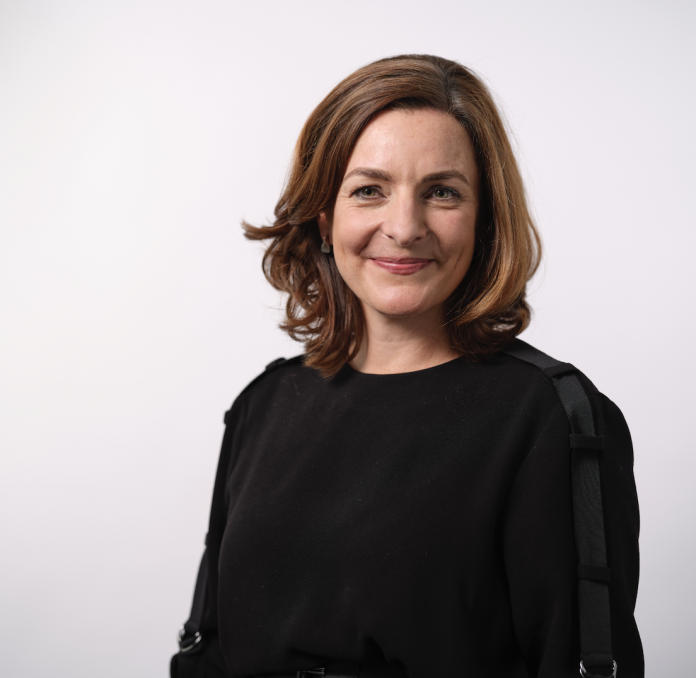In this guest post, Melissa Reader, CEO of The Violet Initiative, discusses the seldom talked about subject of dying and preparing for the last stage of life – something that impacts aged care staff given that 60% of predictable deaths occur in an aged care setting.
Overwhelmingly, people are uncertain and unprepared for the last stage of life (approximately the last 12 months of life). Like pregnancy, adolescence, and retirement, the last stage of life is real, universal and important. But it is a life stage that can be hard to acknowledge and plan for. Sadly, this means that many Australians aren’t having the end-of-life experience they want or deserve.
Issues around the last stage of life, and death and dying remain mostly hidden, silent and socially taboo. These can be confronting and frightening topics, and too often, we do too little, too late.
Of the 100,000 predictable deaths across Australia each year, 60% occur in aged care settings. The majority of people in aged care are either in, or approaching the last stage of life, and managing this life stage is part of a daily, weekly, and monthly cycle of care. Whilst clinical care in this life stage is of a high standard, there are capability gaps in the non-clinical aspects of care, which impact the workforce, residents, family members and caregivers.
The proximity to and frequency of death can take its toll on the aged care workforce. While many are highly skilled and committed to this work, others find elements of it very challenging, feeling insufficiently trained and undersupported in the non-clinical aspects of the later stages of life. This includes having discussions with residents and their families about people’s wishes and preferences, developing plans to make sure these wishes and preferences are met – and making sure everyone is aligned.
These gaps can result in high levels of moral distress relating to end-of-life issues, reducing productivity and increasing rates of burnout. Alongside this, psychological claims (workers compensation) are rising at 15X that of physical claims. This is a silent contributor to a workforce already under enormous strain, and often negatively impacts the resident and family experience.
“You can provide the very best care for 2 years … families remember the last 2 weeks.’
Aged Care Provider, Violet interview“No one has ever asked me how I feel about facing so much death and dying in my work.”
Registered Nurse, Violet interview
Complex family dynamics in emotionally-charged contexts are common and difficult to manage. Violet’s Industry research revealed that aged care staff are dealing with up to 4 family members for each resident. Often, families struggle to accept that their loved one may die and GPs sometimes use medical jargon that makes this already difficult message even more difficult to understand.
“Once we notice that [they have reached the last stage of life], that’s where the issue comes in of communicating that to the families and whether they will accept that this is what’s happening with their loved one. That’s the most difficult thing, to bring the news to the families … even if they understand, the problem is for them to accept what’s happening.” Registered Nurse, Violet interview
Supporting structural and cultural change in aged care contexts is a key part of ensuring staff, residents and families feel better supported. Through the Violet Academy, we’re helping to build workforce capability and resilience around the non-clinical aspects of the last stage of life, as a natural and complementary extension to excellent clinical care. This begins with recognising when someone enters the last stage of life and follows with a planned response that helps people with acceptance, preparation and communication. This allows residents, families and caregivers to make the most of their time together when time is the most precious thing there is.
It’s time to normalise conversations around the last stage of life, death and dying. We know we have an ageing population, with deaths set to double by 2040. This is a social issue of our time and needs to be part of the public consciousness like never before. From the perspectives of people ageing in our community, our aged care workforces, current and future residents and their families, let’s work together to make sure this issue is addressed.
We all die. It’s part of our human condition. But we have an opportunity to die well. We have an opportunity to modernise and socialise the way we deal with dying.










